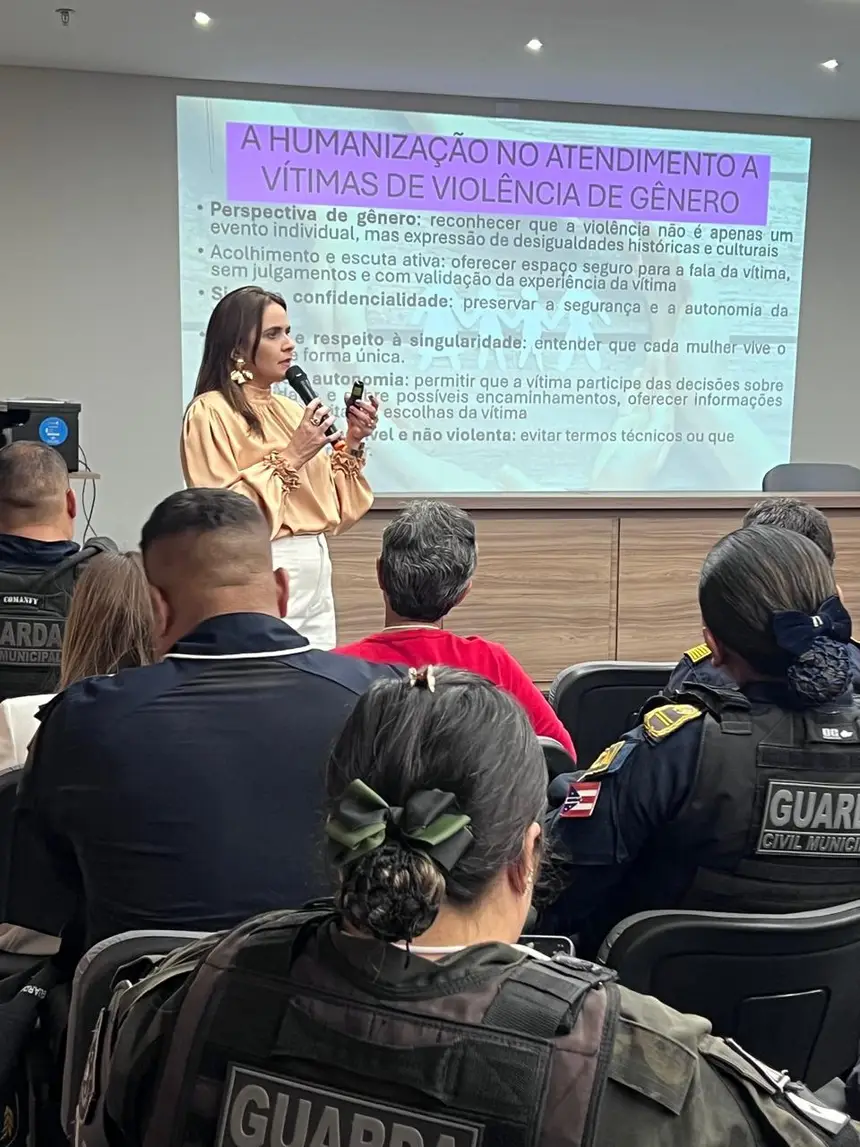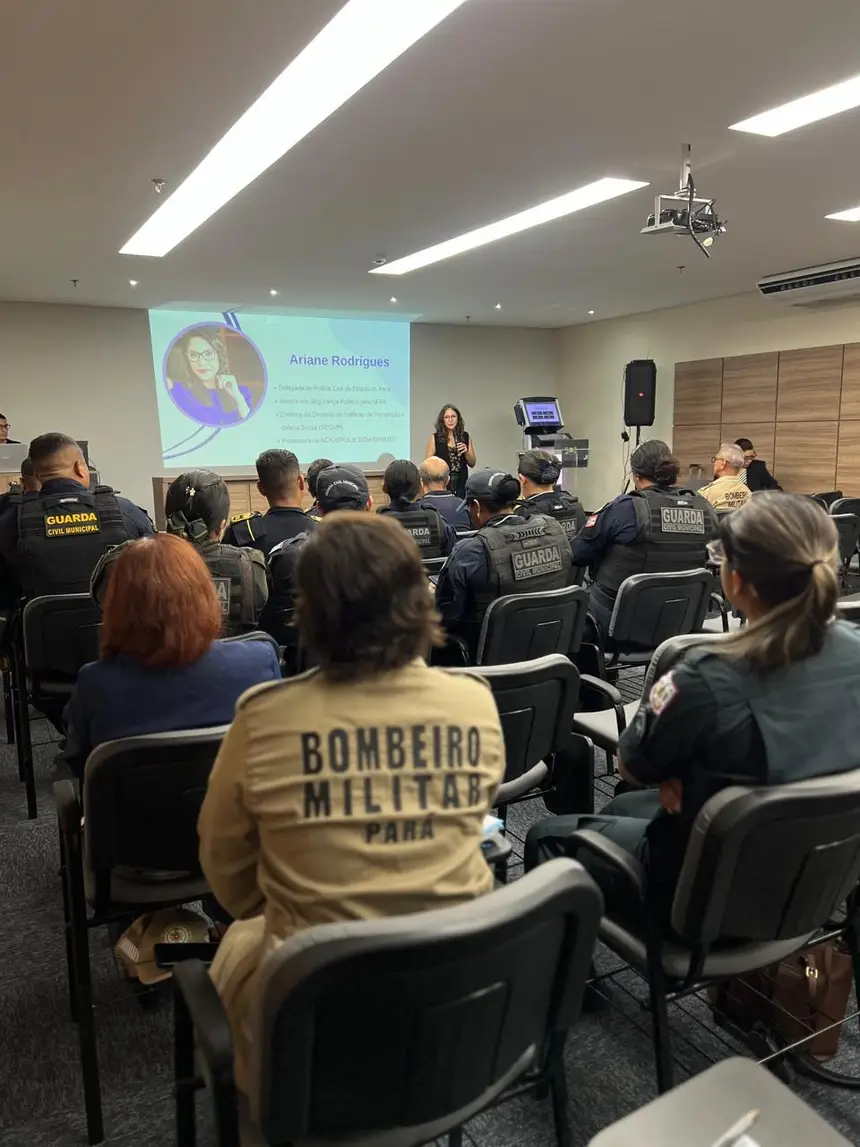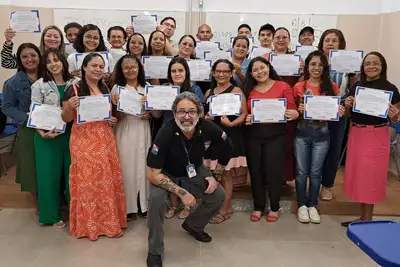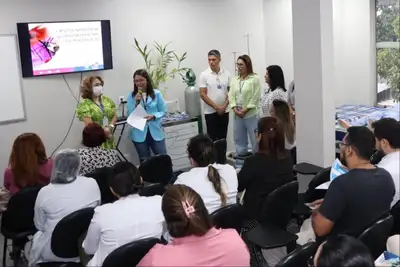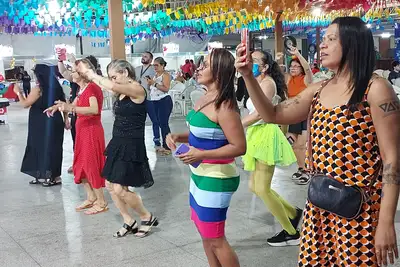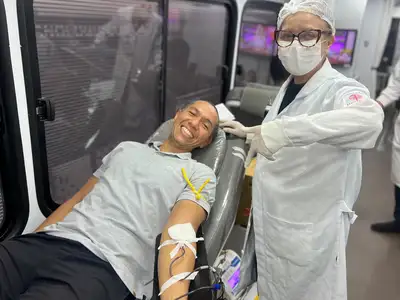Segup trains for humanized assistance to women victims of gender violence
More than 60 participants were qualified to enhance the level of assistance with awareness and humanization techniques
The State Secretariat for Public Security and Social Defense (Segup), through the Directorate of Public Policies and Social Prevention (DPS), concluded on Friday (31) another edition of the course "Humanized Assistance to Women Victimized by Gender Violence," to ensure the expansion of qualification for public security agents and the protection network, raising the level of assistance through awareness and humanization techniques, addressing the role of each sector involved.
The action is made possible through the capture of federal resources, via the State Fund for Public Security (Fesp), reaffirming the institutional commitment to promoting effective and humanized public policies.
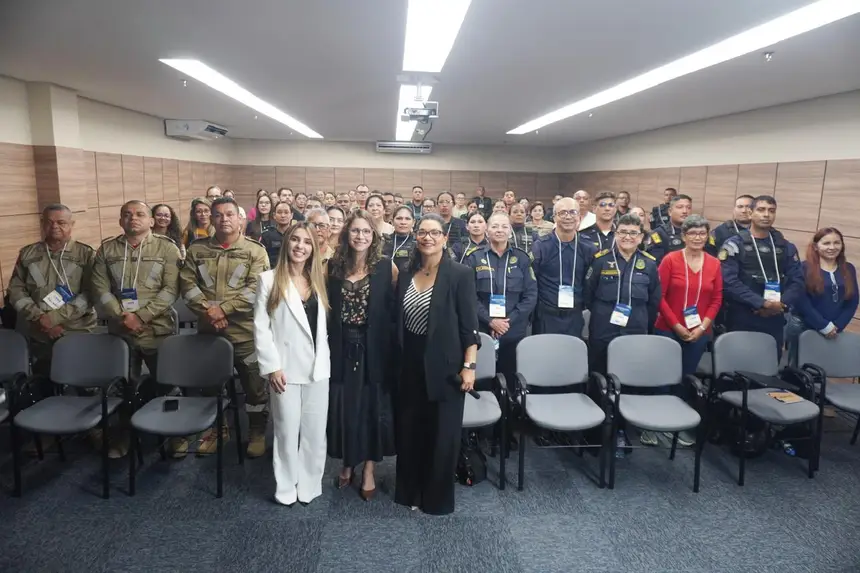
“More than just a course, the training was designed to be a space for collective construction, exchange of knowledge, and technical deepening. Segup's proposal is for participants to broaden their perspective on confronting gender violence, understanding the multiple viewpoints of those who research, experience, and work directly with this theme,” said the director of Public Policies and Social Prevention of Segup, delegate Ariane Melo.
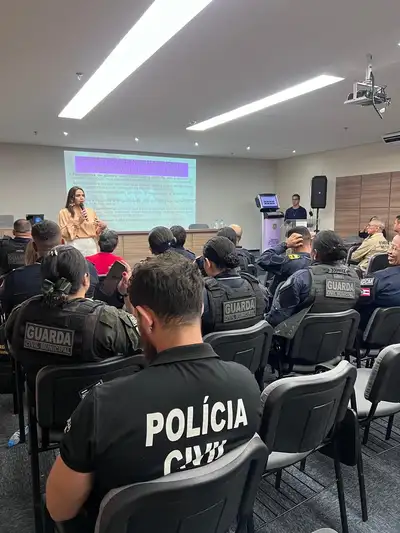
Content - The course, which started on the 29th and concluded on the 31st, was divided into six modules of 4 hours each, totaling 24 hours. The modules were developed in face-to-face and online lectures. The classes are based on scientific evidence, with theoretical deepening and analysis of statistical data from official sources, in addition to dynamics with case studies, practical exercises, debates, and simulations.
The themes discussed included theoretical aspects of violence against women, discussion on social reality and intersectionalities, the role of public security agencies and the protection network, prevention of re-victimization, and techniques aimed at reception and protection. The program also included lectures by specialists, who addressed different social and cultural contexts, promoting reflections on diversity, human rights, and reception practices.
More than 60 participants were qualified, including servers from Segup and agents from the Military, Civil, and Scientific Police, Military Fire Brigade, State Department of Transit (Detran), State Secretariat for Penitentiary Administration (Seap), and the Municipal Guard of Belém.



